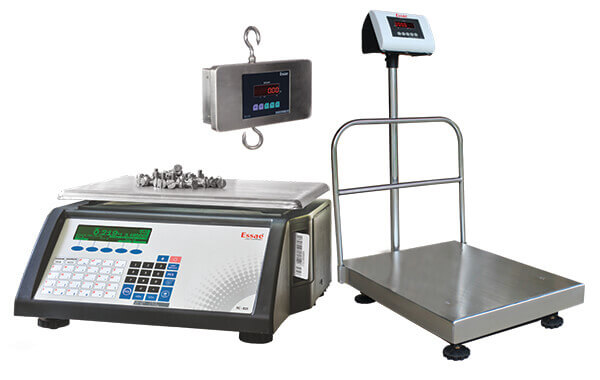The Unsung Hero: A Deep Dive into the World of Weighing Scales

A Deep Dive into the World of Weighing Scales
In the realm of health and wellness, a simple yet powerful tool often takes center stage—the weighing scale. Whether you’re on a fitness journey, monitoring your health, or just curious about your body’s fluctuations, the weighing scale plays a crucial role in providing valuable insights.
In this blog, we will delve into the fascinating world of weighing scales, exploring their evolution, types, and significance in our daily lives.
Evolution of Weighing Scales
The journey of weighing scales dates back centuries, with early civilizations employing various methods to measure weight. From simple balances to counterweights, the concept of measuring mass has evolved significantly over time. The modern digital weighing scale, as we know it today, owes its existence to advancements in technology and the pursuit of precision.
Types of Weighing Scales
- Analog Scales: Analog scales, also known as mechanical scales, are the traditional scales with a needle that points to a number on a dial. While these are simple and reliable, they lack the digital precision of their counterparts.
- Digital Scales: Digital weighing scales have become increasingly popular due to their accuracy and ease of use. These scales provide precise measurements displayed on an electronic screen, often with additional features like body fat analysis and BMI calculation.
- Smart Scales: With the advent of the Internet of Things (IoT), smart scales have entered the scene. These scales can sync with smartphones and fitness apps, allowing users to track their weight loss or gain over time. Some even offer advanced metrics like muscle mass, bone density, and hydration levels.
Significance in Health and Fitness
- Tracking Progress: Weighing scales play a pivotal role in monitoring progress on fitness journeys. Regularly tracking weight changes can provide insights into the effectiveness of diet and exercise routines, helping individuals stay motivated.
- Health Monitoring: For individuals managing health conditions such as obesity or diabetes, weighing scales offer a practical way to track fluctuations in weight, which can be critical for disease management.
- Preventive Health Care: Regular use of a weighing scale can contribute to preventive health care. Detecting sudden weight changes can be an early indicator of underlying health issues, prompting individuals to seek medical attention.
Challenges and Considerations
While weighing machine are invaluable tools, it’s important to approach their usage with a balanced perspective. Obsessive monitoring of weight can lead to unhealthy behaviors, and factors like muscle gain and water retention can influence day-to-day readings. It’s crucial to focus on overall health and well-being rather than fixating solely on the number displayed on the scale.
Conclusion
The weighing scale, often overlooked in its simplicity, serves as a silent companion in our health and wellness journeys. From ancient balancing acts to the digital precision of today’s scales, this humble tool continues to empower individuals in their quest for a healthier life. As technology advances, we can expect weighing scales to become even more sophisticated, providing us with increasingly detailed insights into our bodies. So, the next time you step onto your scale, remember that it’s not just a number—it’s a snapshot of your journey toward a healthier you.





